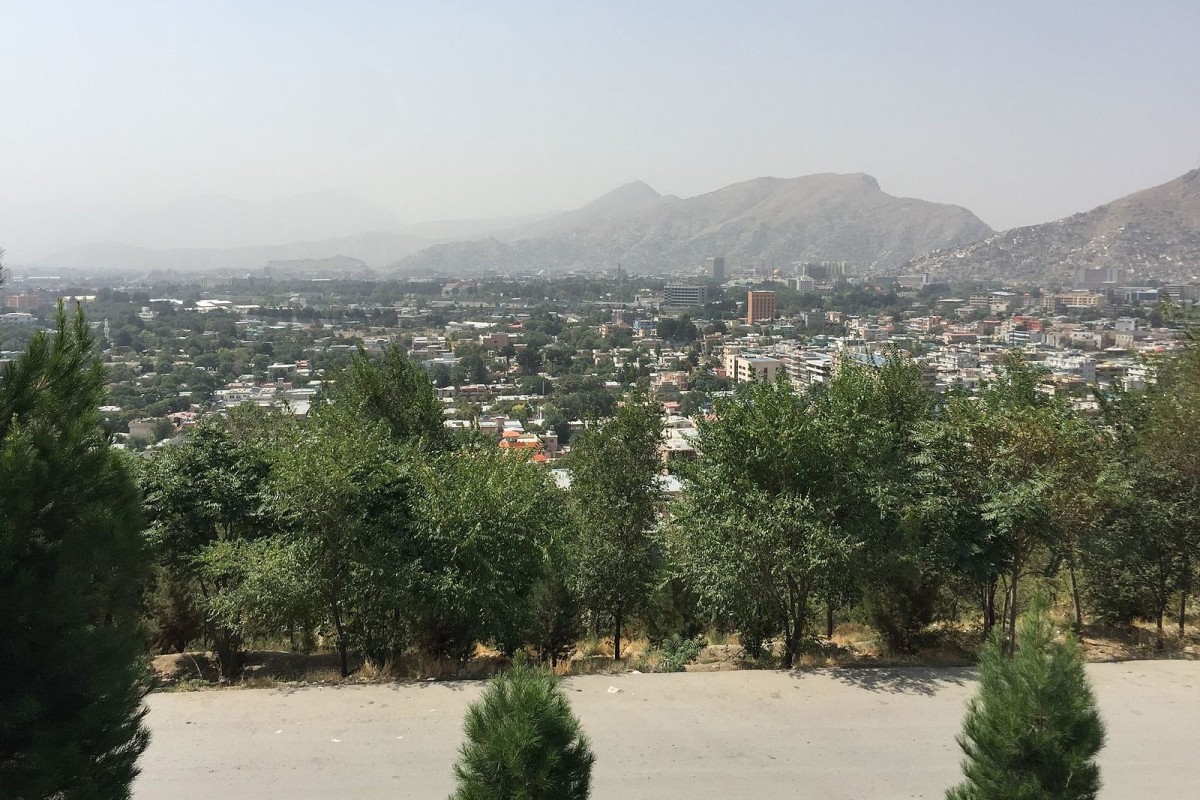Sponsored Content
Vienna Forum Discusses New Standards for Afghanistan's Future: Focus on Inclusive Peace and Women
At the recent civil society forum held in Vienna ahead of the "3rd Vienna Conference for a Democratic Afghanistan", representatives of the Afghan diaspora from nine European countries met to discuss perspectives for the future of Afghanistan. The Vienna Institute for International Dialogue and Cooperation (VIDC) hosted this important conference.
 The civil society forum invited representatives of the Afghan diaspora from 9 European countries to Vienna and met in the run-up to the 3rd Vienna Conference for a Democratic Afghanistan. / Picture: © Wikimedia Commons; BellalKhan, CC BY-SA 4.0 DEED (https://creativecommons.org/licenses/by-sa/4.0/deed.de)
The civil society forum invited representatives of the Afghan diaspora from 9 European countries to Vienna and met in the run-up to the 3rd Vienna Conference for a Democratic Afghanistan. / Picture: © Wikimedia Commons; BellalKhan, CC BY-SA 4.0 DEED (https://creativecommons.org/licenses/by-sa/4.0/deed.de)
In her speech, Afghan human rights activist Hora Mosadiq emphasized the need to place women at the center of all negotiations. "We want to see an Afghanistan where women are at the center of all negotiations," said Mosadiq, who advocates for women's rights and participation in the Afghan peace process.
The 40 participants, including peace researchers, human rights and women's…
or Log In
Fast News Search





